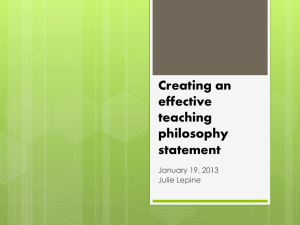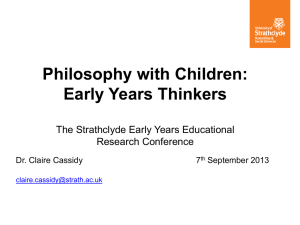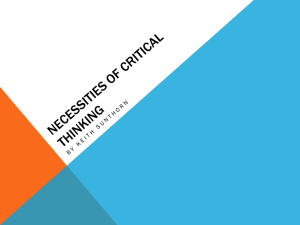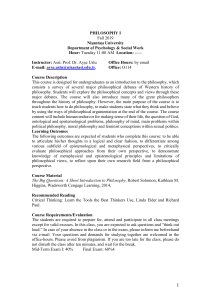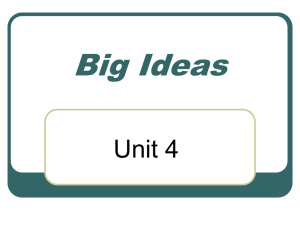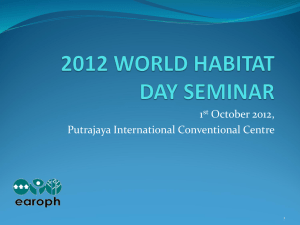Compare and contrast malaysia and singapore
advertisement
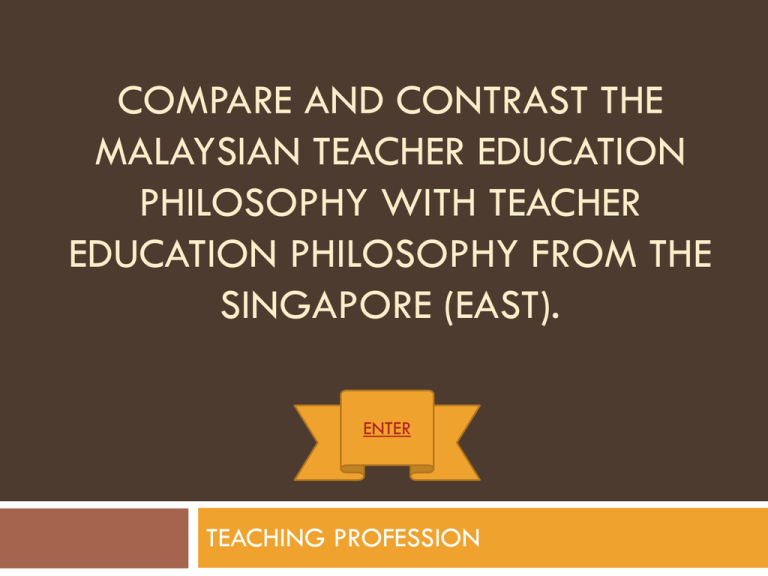
COMPARE AND CONTRAST THE
MALAYSIAN TEACHER EDUCATION
PHILOSOPHY WITH TEACHER
EDUCATION PHILOSOPHY FROM THE
SINGAPORE (EAST).
ENTER
TEACHING PROFESSION
TOPIC TO BE COVERED
INTRODUCTION
MALAYSIA TEACHER EDUCATION PHILOSOPHY
SINGAPORE TEACHING EDUCATION PHILOSOPHY
THE SIMILARITIES
THE DIFFERENCES
CONCLUSION
REFERENCES
Main Page
INTRODUCTION
What is Teacher Education Philosophy?
- In Malaysia
- In Singapore
MALAYSIA TEACHER EDUCATION
PHILOSOPHY (MTEP)
To produce a noble teacher, whose view is
scientific and progressive, ready to uphold
the nation aspiration and respect the
culture, guarantee individual growth and
preserved one society who is united,
democratic, progressive and discipline.
The characteristic of the MTEP
To produce noble teacher
Scientific and Progressive
Uphold the nation aspiration
Respect the culture
To assure individual growth
To unite society
Democratic, Progressive and Disciplined
SINGAPORE TEACHING EDUCATION
PHILOSOPHY
Singapore teacher Education
Philosophy(STEP) by National Institute of
Education, Singapore(NIE)
‘Attributes of a 21st Century Teaching
Professional: A Compass for 21st Century
Teacher Education’
The characteristics of the STEP
It is pivoted on three pronged set of values(V)
with skills(S) and knowledge(K) {V³SK}
The V³SK framework guide the design,
delivery and enhancement of NIE’s
programmes and courses and aims to
develop teachers who requisite values, Skills
and Knowledge necessary to function in the
21st Century classroom.
V1- LearnerCentred Values
V2 – Teacher
Identity
V3 – Service to
the Professional
and Community
SKILLS
KNOWLEDGE
V1 – Learner-Centred Values
Empathy
Belief that all children can learn
Commitment to nurturing the potential in each child
Valuing of diversity
V2 – Teacher Identity
Aims for high standards
Enquiring nature
Quest for learning
Strive to improve
Passion
Adaptive and resilient
Ethical
Professionalism
V3 – Service to the Professional and Community
Collaborative learning and practice
Building apprenticeship and mentorship
Social responsibility and engagement
Stewardship
SKILLS
Reflective skills & thinking dispositions
Pedagogical skills
People management skills
Self management skills
Administrative & management skills
Communication skills
Facilitative skills
Technological skills
Innovation and entrepreneurship skills
Social and emotional intelligence
Knowledge
Self
Pupil
Community
Subject content
Pedagogy
Educational foundation and policies
Curriculum
Multicultural literacy
Global awareness
Environment awareness
Similarities
To produce noble teacher
To uphold national aspiration
Multicultural literacy
To produce a disciplined teacher
To create unity
To produce a progressive teacher
Contrast
Malaysia
Based on ‘Conceptual Model
of Teacher Education
Philosophy (1982)’
MTEP legislated based on 19
personal , professional and
social qualities.
Emphasizing 3 main
component ; Professional,
academic and self and social
development
Singapore
Based on V3SK
Include global environment
awareness
Involve specific skills
Conclusions
Teacher Education Philosophy is now used as a major
marketing strategy by teachers and has become an
essential component of a teacher’s resume. This has
evolved to become part of the teacher’s personal
profile, which outlines all of his essential skill sets and
unique qualities and highlights his specialties.
The program aim to provide a holistic educational
experience for the teacher so that they can develop
into the 21st Century teaching professional ready to
bring about enhanced learning outcomes for students
in the 21st century classroom.
References
Book
Profession Perguruan by Norzaini Azman and Mohammed Sani Ibrahim
Websites
www.nie.edu.sg/programme-offices/office-teacher-education
http://sbitara.upsi.edu.my/smdzm/Perutusan%20Rasmi/Perutusan%20KPPM
%2 ( Perutusan Hari Guru 2010 – Ketua Pengarah Malaysia )
http:// ezinearticles.com/?Teacher-Education-Philosophies&id=227410
http://video.about.com/presentationsoft/Start-PowerPoint.htm
Lecture Note
Dr. Jainabee – Teacher Education Philosophy




